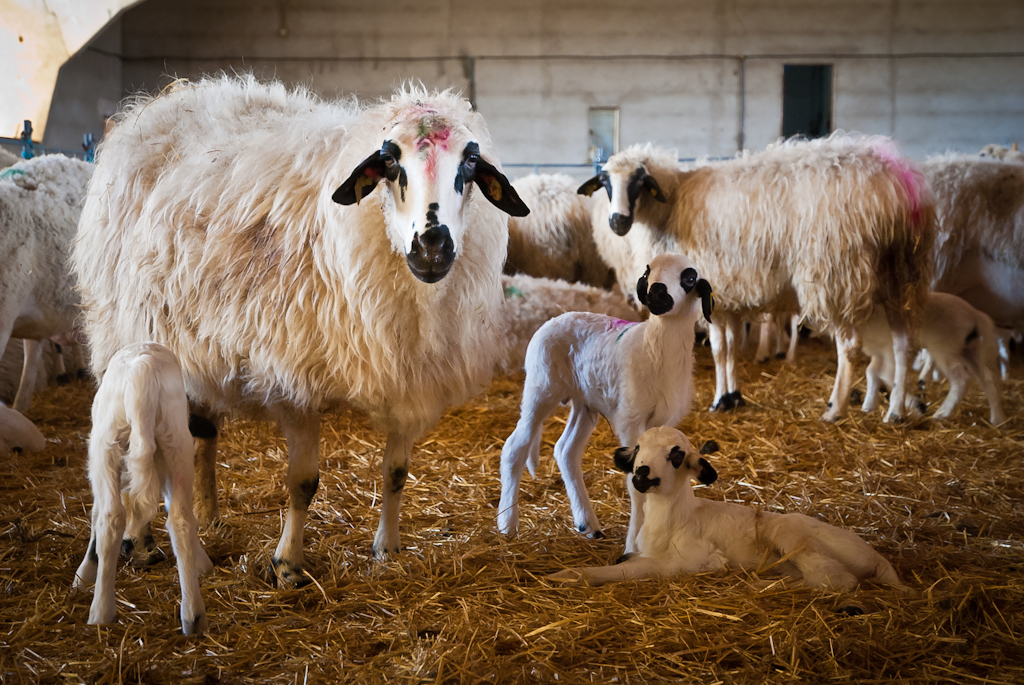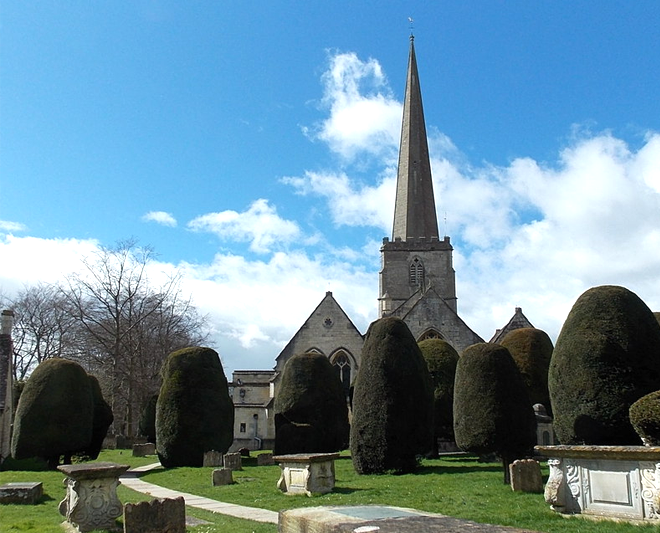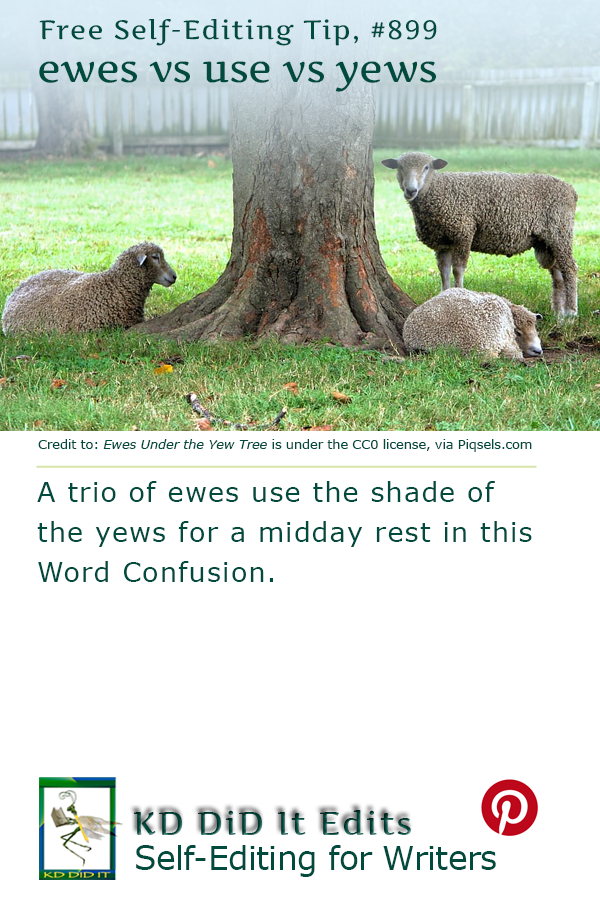It’s a trio of heterographs with yews not even close to being a plural for youse. In fact, if you want a plural you, go explore “You and Its Plural“.
That was just the latest confusion involving yews. And I can definitively tell you that it is not an archaic form for use. No. Just. No, don’t go there.
Naturally, I also thought of a previous post “Ewe vs Yew vs You“, but I could not justify leaving this operative word — use — alone…abandoned…wholly without any use. Those poor, mothering sheep, er, ewes, wouldn’t stand for it.
Do consider exploring “Use versus Utilize” as well.
Word Confusions…
…started as my way of dealing with a professional frustration with properly spelled words that were out of context in manuscripts I was editing as well as books I was reviewing. It evolved into a sharing of information with y’all. I’m hoping you’ll share with us words that have been a bête noir for you from either end.
If you found this post on “Ewes vs Use vs Yews” interesting, consider tweeting it to your friends. Subscribe to KD Did It, if you’d like to track this post for future updates.
| Ewes | Use | Yews |
|---|---|---|
| Credit to: Apple Dictionary.com; Dictionary.com: use; Lexico.com: ewe, Ewe, use, yew | ||

Churra Ewes and Lambs in Segovia is by Fernando García from Madrid, España, and is under the CC BY 2.0 license, via Wikimedia Commons. |

Credit Card Use is in the public domain, via FreeSVG. |

Yews in St Mary’s Churchyard, Painswick, England, by Jaggery is under the CC BY-SA 2.0 license, via Geograph.org.uk. |
| Part of Grammar: | ||
| Plural form for ewe
Noun Plural for the noun: ewes |
Noun; Verb, intransitive & transitive
Plural for the noun and third person present verb: uses |
Plural form for yew
Noun Plural for the noun: yews, yew trees Also yew tree |
| Noun: Adult female sheep |
Noun: The action of using something or the state of being used for some purpose
Verb, intransitive: [Used with an infinitive expressed or understood, and, except in archaic use, now only in the past] To be accustomed or customarily found [Archaic] To resort, stay, or dwell customarily Verb, transitive:
Take or consume (an amount) from a limited supply To avail oneself of
[In past, with infinitive; used to] Describing an action or state of affairs that was done repeatedly or existed for a period in the past
[Informal; one could use] One would like or benefit from |
Any of several evergreen, coniferous trees and shrubs of the genera Taxus and Torreya, constituting the family Taxaceae, of the Old World, North America, and Japan, having needlelike or scalelike foliage and red berrylike fruits enclosed in a fleshy aril, most parts of which are highly poisonous
The fine-grained, elastic wood of any of these trees [Archery] An archer’s bow made of this wood This tree or its branches as a symbol of sorrow, death, or resurrection |
| Examples: | ||
| Noun: Well-managed yearling ewes will produce more lambs per pound than two-year-old ewes. The more ewes, the more lambs. Even the family pet let loose in the countryside can cause great distress to sheep, including pregnant ewes and lambs. There are now about 600,000 Scottish Black Face ewes in the country after de-stocking. A mid season lambing flock of 240 ewes is also run with the cattle enterprise. Farmers have been unable to bring in ewes for lambing after wintering them on hills and in fields, while calving has also been disrupted. It was following the weaning of the lambs from the ewes during the second week of August, when we also weaned Daisy’s two lambs. |
Noun: That one has its uses. A member of staff must be present when the pool is in use. Theater owners were charging too much for the use of their venues. The horse lost the use of his hind legs. The herb has various culinary uses. It was no use trying to persuade her. What’s the use of crying? This can be translated into the question: was the defendant’s use of land reasonable? In Christian use, liturgy meant the public official service of the Church. Burgling and dealing financed their heroin use. Verb, intransitive: She’ll be used up soon. He used to go every day. Officials used loud hailers to call for calm. Golf was sufficiently well established that on 21 October 1633 the Town Council reserved the Inches for archery, golf and other pastimes according to use and wont. Verb, transitive: The poem uses simple language. Use your troops well and they will not let you down. I couldn’t help feeling that she was using me. She still used her maiden name professionally. They were using heroin daily. We have used all the available funds. Be sure to use the facilities before we leave. This road used to be a dirt track. I used to give him lifts home. She was used to getting what she wanted. He’s weird, but you just have to get used to him. I could use another cup of coffee. The house could use a coat of paint. |
Noun: You can find the younger yews on the hillside up to the barrows on Bow Hill. Junipers and yews are the most commonly planted of the narrow-leaved evergreens. For background planting, especially if you have plenty of space, grow yews, hawthorn, holly, elder, and Viburnum opulus, the Guelder rose. The 10-acre garden of cypresses, yews, and quickset hedges is called the Domaine des Colombia. Although box and yews can be clipped into formal shapes, most shade plants appear at home in that naturalistic setting. The wood from yews makes excellent bows. |
| Derivatives: | ||
| Adjective: Ewe, ewe-necked Proper noun: Ewe |
Adjective: multiuse, nonusing, usable, unusable, used Noun: nonuse, usage, use-by Verb: reuse, reused, reusing, underuse, underused, underusing |
|
| Phrasal Verb | ||
| be used up use something up use up |
||
| History of the Word: | ||
| Old English eowu is of Germanic origin and related to the Dutch ooi and the German Aue. | Middle English with the noun from the Old French us, from the Latin usus, which is from uti meaning to use while the verb is from the Old French user, based on the Latin uti. | Old English īw and ēow are of Germanic origin. |
C’mon, get it out of your system, bitch, whine, moan…which words are your pet peeves?
Satisfy your curiosity about other Word Confusions by exploring the index. You may also want to explore Formatting Tips, Grammar Explanations, and/or the Properly Punctuated.
Pinterest Photo Credits:
Ewes Under the Yew Tree is under the CC0 license, via Piqsels.


